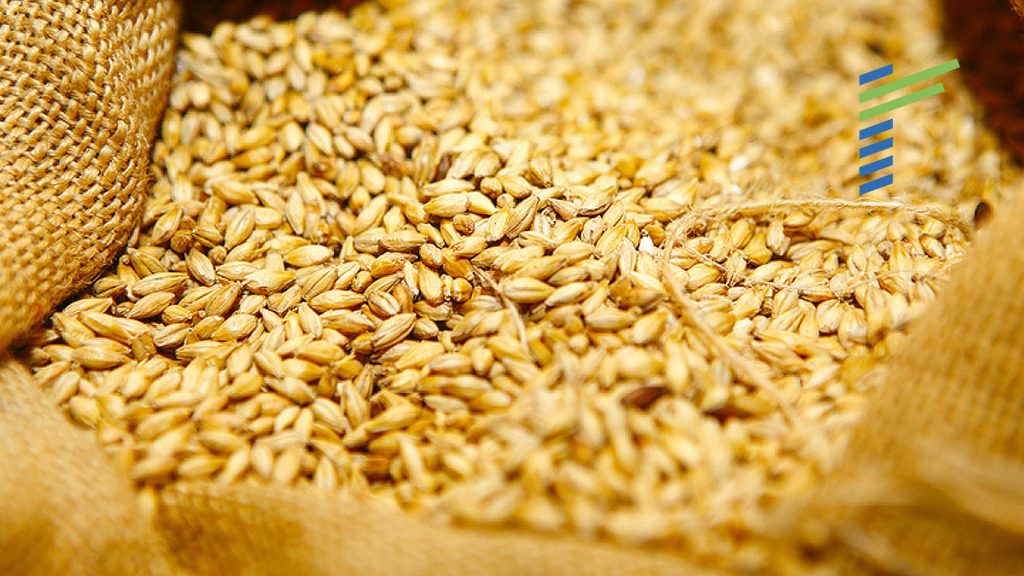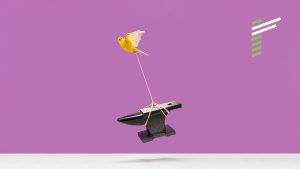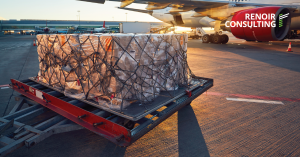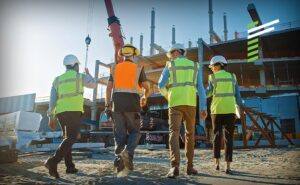At a Glance
Our client was looking for a clear and consistent way to work on the shop floor. A 26-week project with Renoir Consulting saw them achieve significant results in the form of the following:
- Improvement in annualised overall equipment effectiveness, Line 1 (79% -> 92%), Line 2 (87% -> 91%)
- A 13% increase in production volume
- A 40% to 90% increase in Net Capacity Scheduling (Maintenance Teams)
- A 39% to 86% increase in Schedule attainment
- Identifying and agreeing on the removal of obsolete stock
- An increase in required supervisor behaviour compliance from 50% to 92%
Background
Established in 1975, our client is an international group manufacturing and marketing a range of mass-market food products, related derivatives, intermediates and services. The Group runs 95 operations in 49 countries around the world and employs more than 12,000 people. Its products reach 5 continents with a portfolio of 80+ brands and has firmly established itself as one of the main and most diversified groups in the Middle East.
The Challenge
The desire to create a consistent and sustainable way of working on the shop floor, the need to standardise operations across divisions and the need to remove excess obsolete stocks prompted the client to partner with Renoir. The focus was to design a Management Control System to support existing practices and identify opportunities for improvement.
The Project team’s commitment was to:
- Develop and implement a long-term maintenance planning and execution strategy.
- Define standards for production and maintenance.
- Develop a Plan-Do-Check-Action (PDCA) cycle for continuous improvement.
- Define supervisory checklist, routines, handovers to improve management at the point of execution.
- Classify non-moving inventory into three categories – insurance, usable and obsolete.
- Agree on an action plan to dispose of obsolete inventory and consumption of usable items.
The Operational Excellence Project (called RISE) had a duration of 26 weeks and consisted of two work streams: a) Operations and b) Maintenance & Inventory.
The project was executed in two phases, with the focus of the first 8 weeks (Phase 1) to design and install daily/weekly operational routines. Key deliverables were to redesign the Loss Accounting system, get buy-in from all production areas, train all end users on the new methodology and raise understanding of Overall Equipment Effectiveness (OEE). The next 18 weeks (Phase 2) saw the implementation of operational routines to realise the improvement potential and changes necessary to capture the targeted benefits.
What We Did
A range of process and system improvements were included in the project:
- Robust Management Control Systems (MCS) were designed for both Operations and Maintenance, ensuring new tools and systems were being adopted at all levels. The MCS drove the implementation of standardised dashboards and KPIs, structured daily review production meetings and weekly OEE review meetings. It also included a Root Cause Analysis (RCA) loop to identify underlying causes for recurring problems.
- Defined KPIs, enhanced KPI dashboards and progress reviews were installed and which allowed timely management of performance. Each area now knows their plan vs actual performance for the previous day/week.
- A redesigned Loss Accounting procedure to accurately capture lost information and sort it into the appropriate ‘bucket. The new system/tool replaced the old, and the detailed process was agreed followed by training.
- A comprehensive RACI matrix (Responsible, Accountable, Consulted, Informed) was designed, covering roles and responsibilities throughout the organisation. Interdepartmental meetings were developed and aimed at improving communications by including Action & Decision Logs in each.
Sustained Change
To ensure changes were sustainable and fully adopted, staff were trained on several topics depending on their role and level in the organisation. Topics included loss accounting, management and understanding, active supervisory training skills, root cause analysis and problem-solving and system element roll out for Operations & Maintenance. Training sessions also included tests to verify the knowledge acquired and feedback forms to improve the training experience overall.
The project engaged all levels of workforce and management from start to finish. Firstly, by creating awareness of why and how change is to be implemented. Secondly, through the involvement in activities targeted on buy-in, alignment and ownership. As well as role-dependent training, all staff involved took part in group classroom training sessions, participated in structured meetings, shared one-on-one on-the-job work sessions and were assessed through an Individual Behavioural Checklist which provided feedback on the level of adoption of the changes.
Key Results
At the end of the project with Renoir, business benefits were significant: multi-million-dollar annualised OEE improvements, increased production volume, increased schedule attainment and reduced stock. Less tangible benefits included efficiencies in personnel and equipment utilisation through creating a more “vigilant” workforce, consolidation of effort, removal of silo mentality, structured supervisory roles, and increased communication between Production, Maintenance and Planning departments.
“Thanks for all the effort and commitment with Project RISE. Your leadership skills, knowledge, energy and passion were fundamental for the successful implementation of this initiative.”
Director Technology & Projects, Corporate Operation Excellence
In short, the objectives of the effort were met, with measurable and significant performance improvements. The company now has the continuous improvement skills and capabilities to meet the challenges of the future.
Identify process and system improvement opportunities for enhanced productivity.












